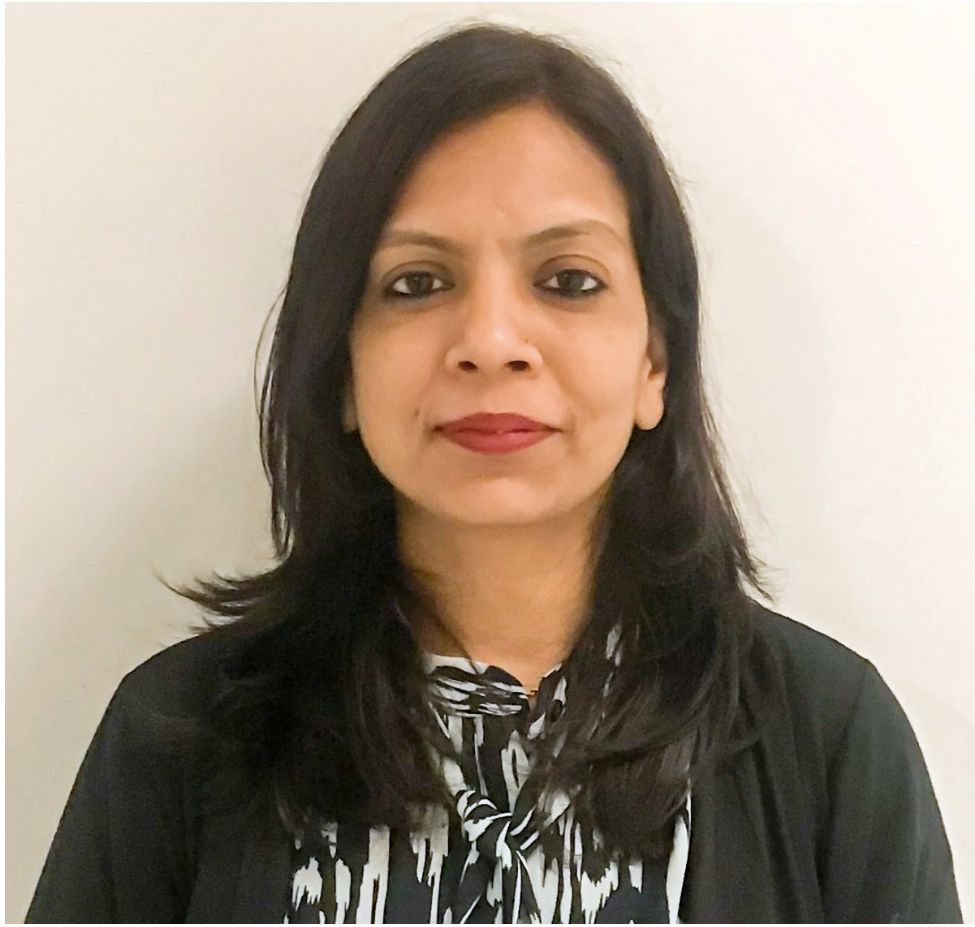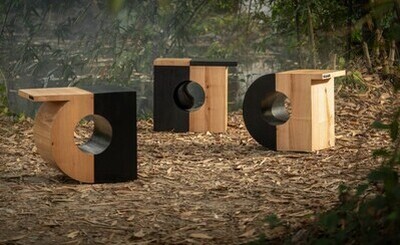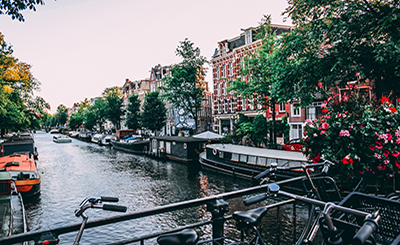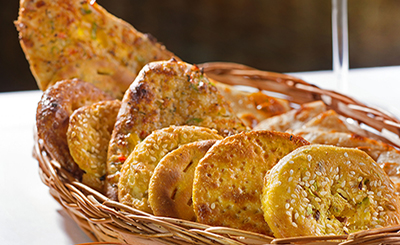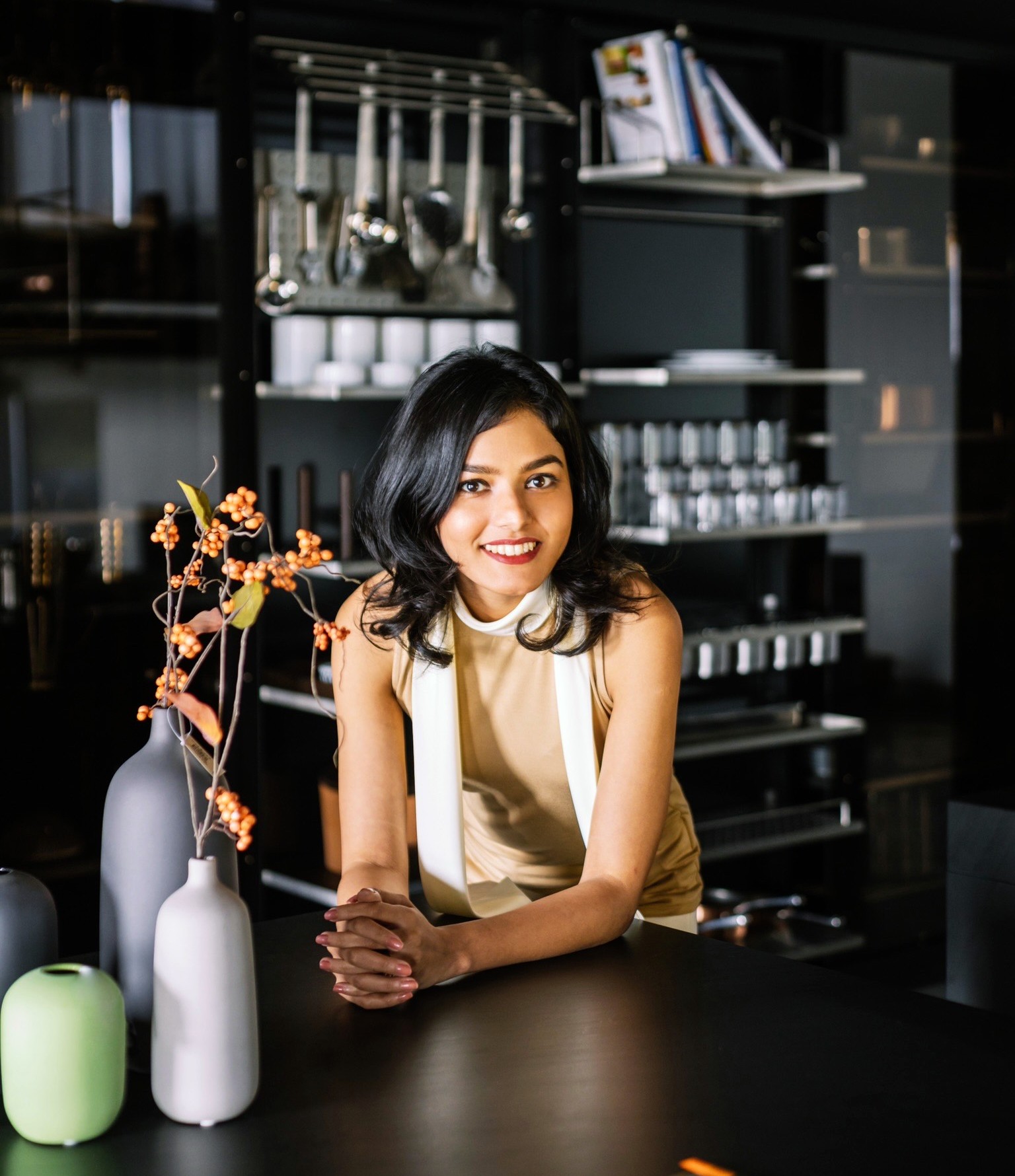
Plüsch has held out the promise of elegance and sophistication since it was rebranded in 2015 by Sukriti Sharrma, 17 years after her parents — Hamendra and Rati Sharma — founded Poggenpohl Studio as SIS Imports. Photos courtesy of Plüsch
As Poggenpohl launches its +MODO collection, a range of worktop and cabinetry designed by Jorge Pensi, Sukriti Sharrma, director of Plüsch, looks back at the journey of the upscale retail outlet housing luxury kitchen and wardrobe brands
Plüsch, the premier retail outlet housing luxury kitchen and wardrobe brands from Germany that represents the world’s leading brands in exclusive pan-India tie-ups, has launched Poggenpohl’s latest +MODO collection, a range of worktop and cabinetry designed by Jorge Pensi, the Spanish designer whose minimalist designs transcend functionality to convey feelings and sensitivity; there is a whole array of emotions and stories that lie behind each of his pieces.
Plüsch has held out the promise of elegance and sophistication since it was rebranded in 2015 by Sukriti Sharrma, 17 years after her parents — Hamendra and Rati Sharma — founded Poggenpohl Studio as SIS Imports. They had named their venture after the German manufacturer and world’s leading brand that specializes in kitchen cabinets since they brought it to the Indian market; and SIS imports because they only import, and don’t manufacture. The +MODO collection, a modern take on opulence, is an extension of that promise.
Poggenpohl’s website describes it as the “inventor of the modern kitchen” that “indelibly combines architectural concepts and design principles with trendsetting product offerings, outstanding craftsmanship, and technical precision” and reimagines the kitchen as “a hallmark of energised and delightful existence.” Sukriti renamed the brand Plüsch — a German word which also means luxury — as Poggenpohl Studio was bringing lifestyle brands from Germany and wanted to create a unique identity for the high-end brands under the German portfolio.
.jpg)
Poggenpohl’s latest +MODO collection, a range of worktop and cabinetry designed by Jorge Pensi, the Spanish designer whose minimalist designs transcend functionality to convey feelings and sensitivity
“I felt the need to rebrand the business in order to create our own identity as an upscale retail outlet that houses luxury German brands,” says Sukriti, director, Plüsch. “Over the years I have tried to consolidate the business in different cities, trying to make it more professionally run,” she adds. Plüsch, a pioneer in bringing the best German luxury brands to India, began with Poggenpohl (kitchens), Gaggenau (appliances) and Interluebke (wardrobes). Seven years after it was rebranded, the transition from SIS Imports to Plüsch has turned out to be well-thought-out. Though its parent company, SIS Imports, has been operating as before, Plüsch offers the much-needed “strong iconic brand name to assemble the wide product portfolio under one”. There are ten brands under Plüsch, including three brands for kitchen — Poggenpohl, Eggersmann Kitchen and Bachmann Kitchen. In wardrobes, there are high-end bespoke brands like Schmalenbach and interlübke.
Sukriti says she wants to change the perception that German kitchen brands are way too expensive to afford. The starting range is Rs 10-12 lakh for a 10x10-feet-size kitchen; the counter top, sink taps and appliances are not included as these three things depend on the client’s preferences. “These are high-end luxury kitchens and, therefore, we are always happy to customize as per the requirement of our clients. If people prefer using their existing appliances, then we can design the kitchen accordingly,” she says. Though the standard kitchens at Plüsch cost Rs 25 lakh, there are many who invest between Rs 50 lakh to Rs 1 crore, as per their need. While the first outlet opened in Mumbai, Plüsch has expanded with stores in Delhi, Bangalore, Hyderabad and Kochi. Sukriti says that these showrooms are not given as a franchise and run by the company itself since the niche luxury brand caters to the high net-worth individuals (HNIs) and the firm needs to handle each case with personal attention.
.jpg)
The worktop made of Rosso Lepanto evokes associations of Roman worlds and pleasurable living. As if floating, it rests on the +MODO base cabinets in eucalyptus wood.
Sukriti was eight years old when her parents brought Poggenpohl to India. After finishing her school, she studied in London for three years and, later, interned at Poggenpohl. When her parents had introduced Poggenpohl to India, the core strategy was to sell the best to the Indian clientele by bringing the best German luxury brands. “That is something we have continued to do even as we have included wardrobes and furniture, besides kitchens, to our list. The idea is to sell quality, and luxury. Over the years, we have come to be known for our expertise and our after-sales services.”
Though it has been ten years since she started working with the brand, Sukriti says she feels as if she is still at a point where she had started as there is “so much to do and so much to learn”. She had started off her journey in a new market, Hyderabad, making adjustments with a new language and a new culture in order to understand the requirements of the clients there. “Every client was different. And there was a lot of difficulty as I was pretty young and people would not take me seriously until I started speaking and sharing my ideas. That’s when they realised that I meant business. That’s how I built my credibility and brand there,” she says.
Being a woman, and being young, actually went against her, initially. “It used to be difficult to fix an appointment with clients in the initial one or two years. I would go to an architect’s office and there would be only men there. When I joined Business Networking Individuals (BNI), I was the only girl in the room of 40-plus people. It was difficult to convince them that I was there to talk business. It took me a while, but my persistence and consistency have kept me going and helped me find my footing in this business,” says Sukriti, who is convinced that as long as she has the passion and a goal to achieve every day, she’ll learn on the go. This way, she says, it’s also easy to deal with the difficulties along the way.
The rebranding, Sukriti reflects in hindsight, has given her a boost because she now feels she has an identity of her own. The reason she had shifted from Mumbai, where her parents live, is that she didn't want to be under their wing or live in their shadow. “People in Mumbai don’t know me because I have still not tapped that market. I have expanded in other cities as I wanted to create my own niche,” she says. When she arrived in Hyderabad, she got herself immersed in the plan to create a niche for Plüsch. After the rebranding, she got involved with almost every other aspects of the company, from getting the company’s website to its social media promotions. She wanted to consolidate the brand in all the cities and build it in a way that her team could take it from there. From hiring new talents for all cities to training them all, and to managing clients, she oversees it all.
.jpg)
.jpg) MODO by Poggenpohl has been an iconic design by Jorge Pensi since the early 2000s. Its thick floating counter, along with the interplay of open and closed elements, always takes the viewer by surprise.
MODO by Poggenpohl has been an iconic design by Jorge Pensi since the early 2000s. Its thick floating counter, along with the interplay of open and closed elements, always takes the viewer by surprise.
Sukriti says that her parents, who were the first to bring in the luxury kitchen and wardrobe brand in the Indian market, broke more glass ceilings than she has done. When they began, they were not appreciated. And there were many hurdles. People thought it was crazy to invest in a kitchen that is as expensive as a flat. “I want to continue with their vision and grow their brand,” says Sukriti, who plans to expand and bring in more wardrobe and furniture brands from Germany. “During the next few years, we’ll focus on the wardrobe segment. In terms of expanding geographically, we are planning to open up in one or two new cities and strengthen our positioning in the existing cities,” she adds.
In the past one decade, the industry has changed. Sukriti says that while she used to educate people initially about international brands and how it was important to have a luxury kitchen, the new buyers are quiet aware about brands, and what they want: “Though we still inform some buyers about certain things, but mostly they are pretty much informed.” Plüsch, on its part, is relentless in its effort to do R&D to import the best. “Every year we think, plan and travel to Germany to check out the new stuff that can be introduced to our Indian clientele,” says Sukriti.
When she began her entrepreneurial journey, Sukriti says she never felt the pressure of proving herself, but it came more from within her. “My parents are pretty cool and I’ve never got pushed by them.” Her message to aspiring entrepreneurs is: just follow your passion: “On days that are slow or on days that you’re not motivated, keep your goal in mind and keep that in your focus. Be consistent and persistent on an everyday basis. I think that matters the most. If you’re a woman entrepreneur be confident and own your uniqueness: Do what you want to do. If you think of doing something, it’ll happen and even if it doesn’t, you’ll still get to learn something from it.”
More from Culture
Comments
*Comments will be moderated
Can you connect me with Sukriti. We live at Lodha Marquise and are getting no response for maintenance of our Poggenpohl kitchen fittings. It is very transactional unlike our prior experience with Havker where regular maintenance was done.
N Venkatram
Sep 6, 2023 at 06:04



